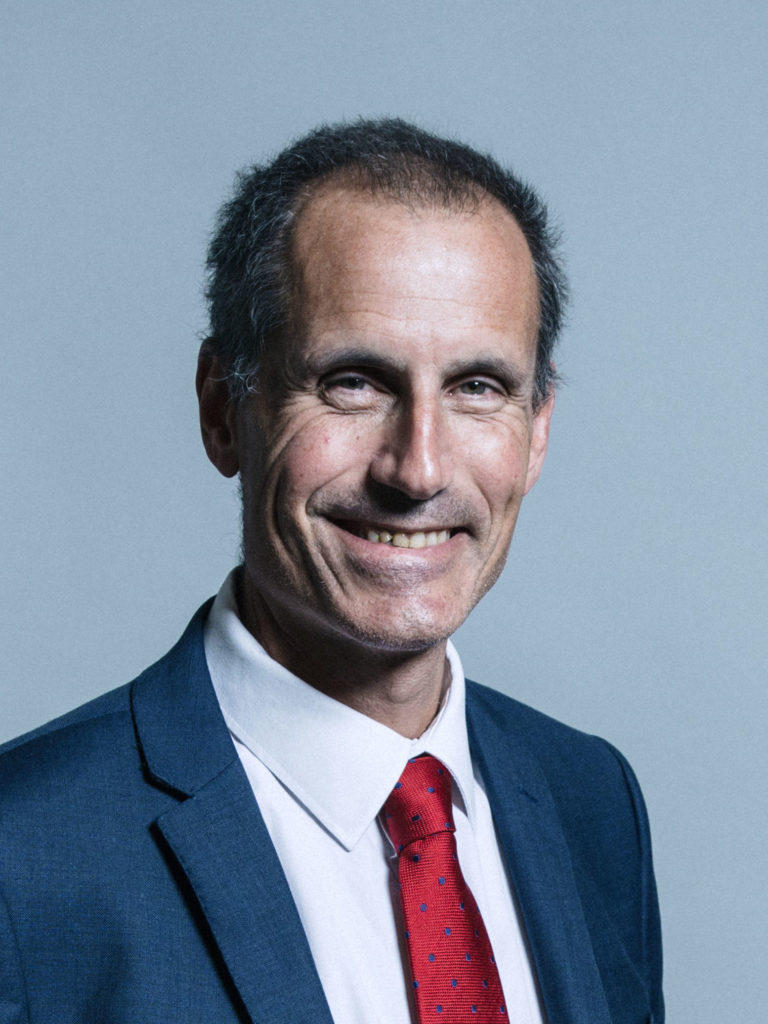Regions set to play a greater role in shaping Industrial Strategy

The various regions of the UK will take on an increasingly important role shaping industrial strategy in the post-Brexit environment, a senior Labour Shadow Minister has said.
Bill Esterson, Shadow Minister for Business and International Trade, told an All Party Manufacturing Group round table on the Industrial Strategy – attended by the Made in Group – that regions with a strong manufacturing profile such as the Midlands and Yorkshire would play a vital role in shaping the new UK economy.
Mr Esterson was responding to a question posed by Duncan Tift, Head of Communications for the Made in Group, who asked what the future of the regions was in the post-Brexit environment and whether further devolution would help to support the overarching Industrial Strategy as set forward by the Government.
“We see the regions playing a greater role in helping to shape new, more local Industrial Strategies. However, there has to be greater financial support for them as what’s been allocated by the Government so far simply doesn’t go far enough,” said Mr Esterson.
The West Midlands is one of the more progressive regions for this and the combined authority for the region, lead by elected Metro Mayor Andy Street, is looking to capitalise on the strong manufacturing industry to generate more wealth for the region.
The automotive sector, its complex supply chain, together with the development of new technologies and the area’s pioneering universities are all being highlighted by the West Midlands Combined Authority as it looks to attract more investment into the area.
Mr Street outlined the strategy when he spoke at the Made in the Midlands annual exhibition in June.
Leading on from this, the WMCA has said the decision to award the region the 5G connectivity pilot project was an indication of the importance the Government placed on the region, especially the perceived benefits the new technology would bring to advanced manufacturing.
Mr Esterson said he would be very interested to see how successful the 5G pilot scheme would be and what the long-term advantages for the manufacturing industry would be.
The round table also discussed what the implications might be for exporting goods across Europe once the UK left the EU next year.
Mr Esterson said Labour favoured the introduction of a new customs union with the EU. This would minimise friction within the supply chains and hopefully ensure greater investment for manufacturing.
He said: “What we see the role of government as is to provide the support to enable the (manufacturing) sector to perform better. That support has got to be on a par with our European competitors because when the UK leaves the EU next year then it’s likely that Sterling will be affected, which will hamper attempts to offset the balance of trade deficit.”
“We have to look at boosting the various supply chains connected with the industry and encourage new start-ups.”
He also said that government should be doing more to support SMEs looking to export and that an export strategy should be of equal importance to an Industrial Strategy.
Allied to this, he said there should be greater support for manufacturers looking to export and that better ways should be found of bringing together the various support strands.
Mr Esterson told the round table, held at Portcullis House in Westminster, that Labour would look to fund the manufacturing sector by developing a National Investment Bank, which he said would help meet the financial shortfall currently facing the network of Local Enterprise Partnerships.
Picking up on the theme announced by Labour leader Jeremy Corbyn earlier this year, he also referred to the greater use of government procurement programmes to support British-produced goods. As an example, he cited greater use of UK steel in building the next generation of Britain’s warships.
Summing up, he said there needed to be greater consensus amongst politicians and greater cross-party support for the Industrial Strategy so that promotion of manufacturing could continue whatever party was in power.
Also, in order to better define the strategy, he said politicians needed to hear regularly from business about what it wanted.